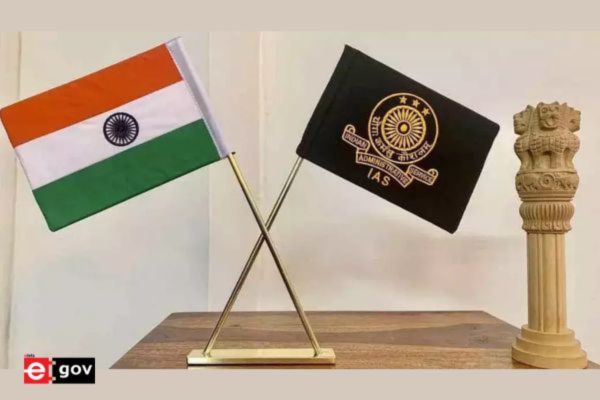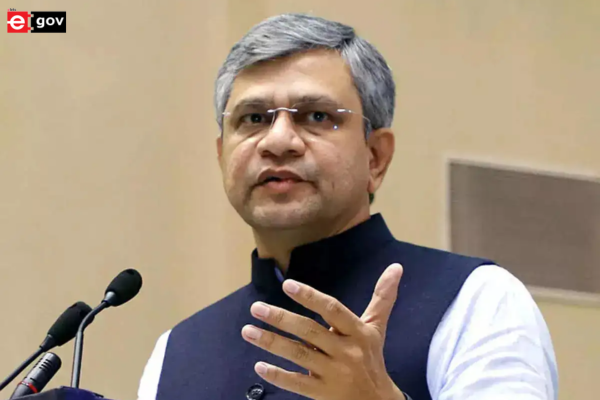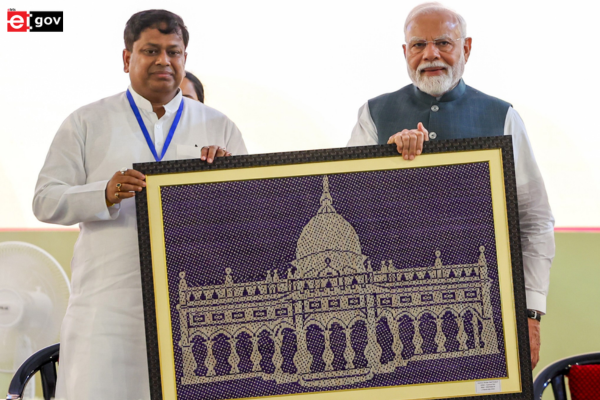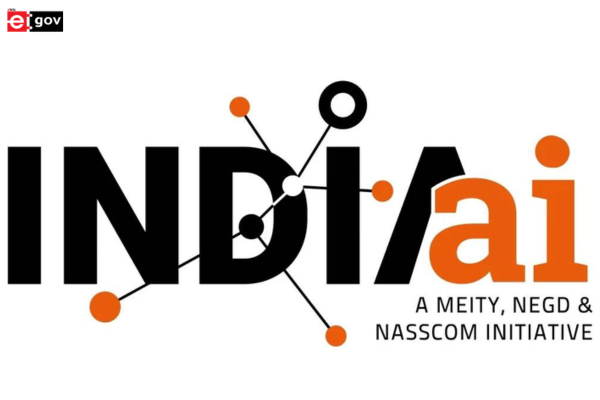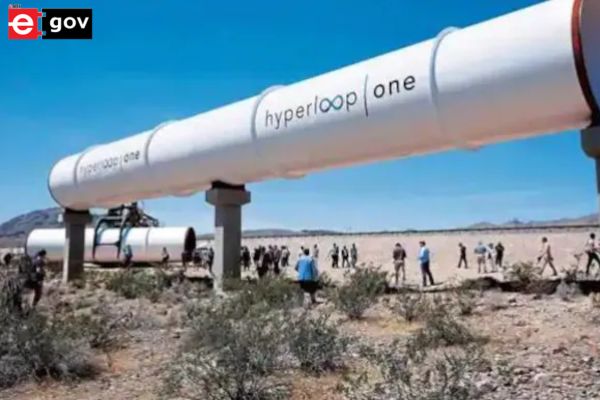
IIT Madras has completed the construction of India’s first Hyperloop test track, marking a significant milestone in developing high-speed transportation technology. Located on the IIT Madras campus in Thaiyur, Tamil Nadu, the test track spans 410 meters. This breakthrough is part of the larger project to develop the world’s first vacuum-based train system, set to operate between Mumbai and Pune, potentially reducing travel time between the two cities to 25 minutes.
The development of this revolutionary transport technology results from a collaboration between IIT Madras and the incubated startup TuTr, with the university’s Avishkar Hyperloop team spearheading the project. The initiative was first inspired by Elon Musk’s announcement in 2012 regarding research into vacuum-based travel, which led to the formation of the Hyperloop concept.

Union Minister for Railways, Ashwini Vaishnaw, shared the news on social media platform X, praising the efforts of the teams involved. He posted, “Bharat’s first Hyperloop test track (410 meters) completed. Team Railways, IIT-Madras’ Avishkar Hyperloop team, and TuTr (incubated startup).” The completion of this test track is an important achievement in the ongoing journey to establish a functional Hyperloop system in India.

Also Read :- Devendra Fadnavis Sworn in as Maharashtra CM with Shinde and Pawar as Deputies

The project is being developed in two phases. The first phase will focus on the construction of an 11.5-kilometer track, primarily aimed at demonstrating and certifying the technology. After successful testing, the second phase will extend the route to cover the full distance of approximately 100 kilometres. The proposed top speed for the Hyperloop train is 1,100 km/h, with an operational speed of 360 km/h, or 100 meters per second.

IIT Madras is also working to establish the world’s largest Hyperloop vacuum tube, which will serve as a test bed for further research in collaboration with Indian Railways. This facility will play a crucial role in advancing Hyperloop technology globally. The project has an estimated cost of ₹8.34 crore, and IIT Madras has sought support from the Ministry of Railways for manufacturing assistance, safety regulations, and funding to take this ambitious project forward.
The Hyperloop system uses magnetic levitation within low-pressure tubes to transport passengers and goods at aeroplane-like speeds, promising to revolutionize transportation in India. As the project progresses, it aims to not only enhance travel times but also to demonstrate India’s commitment to cutting-edge technological innovation in the transport sector.
Be a part of Elets Collaborative Initiatives. Join Us for Upcoming Events and explore business opportunities. Like us on Facebook , connect with us on LinkedIn and follow us on Twitter, Instagram.
"Exciting news! Elets technomedia is now on WhatsApp Channels Subscribe today by clicking the link and stay updated with the latest insights!" Click here!




